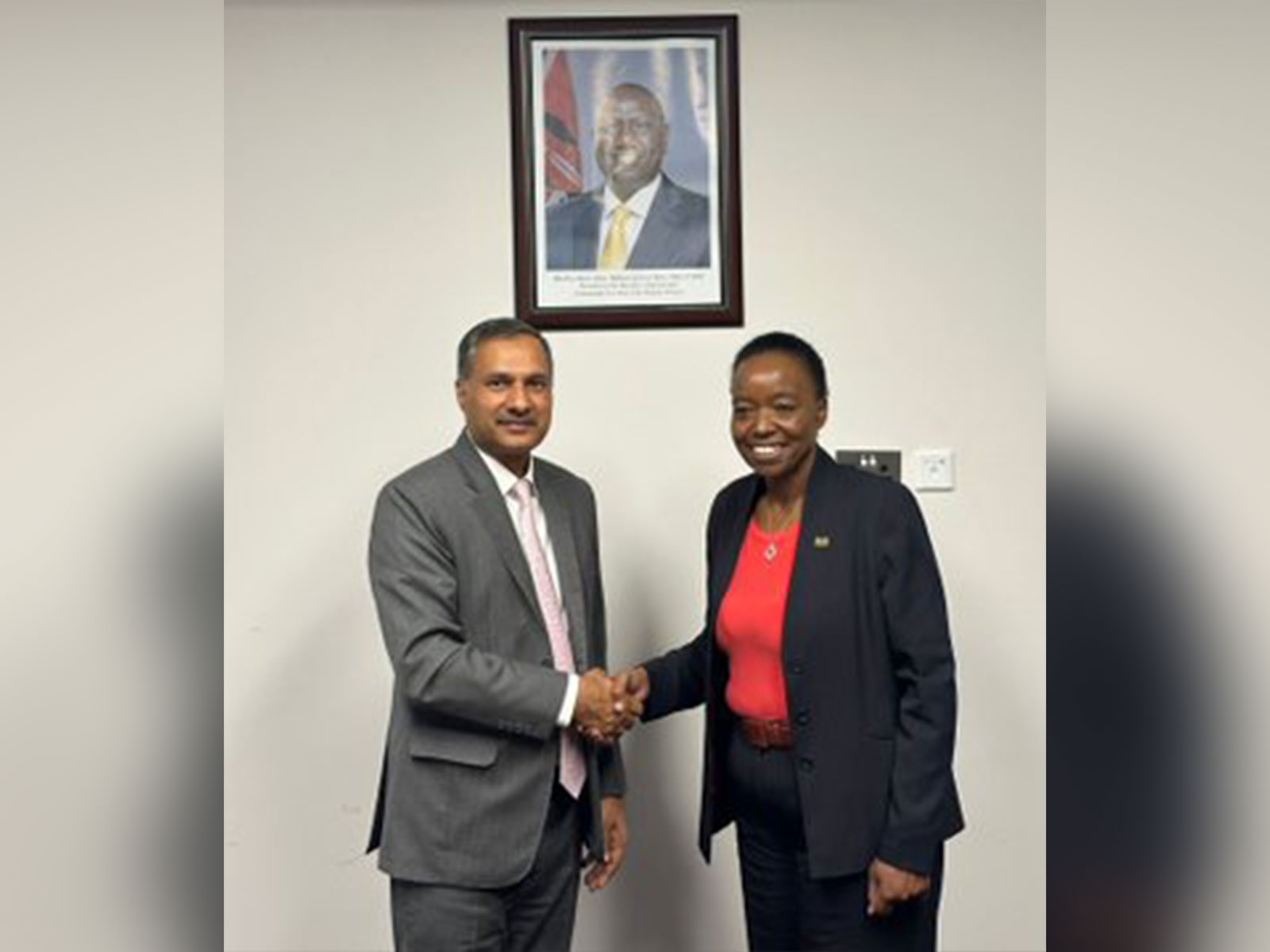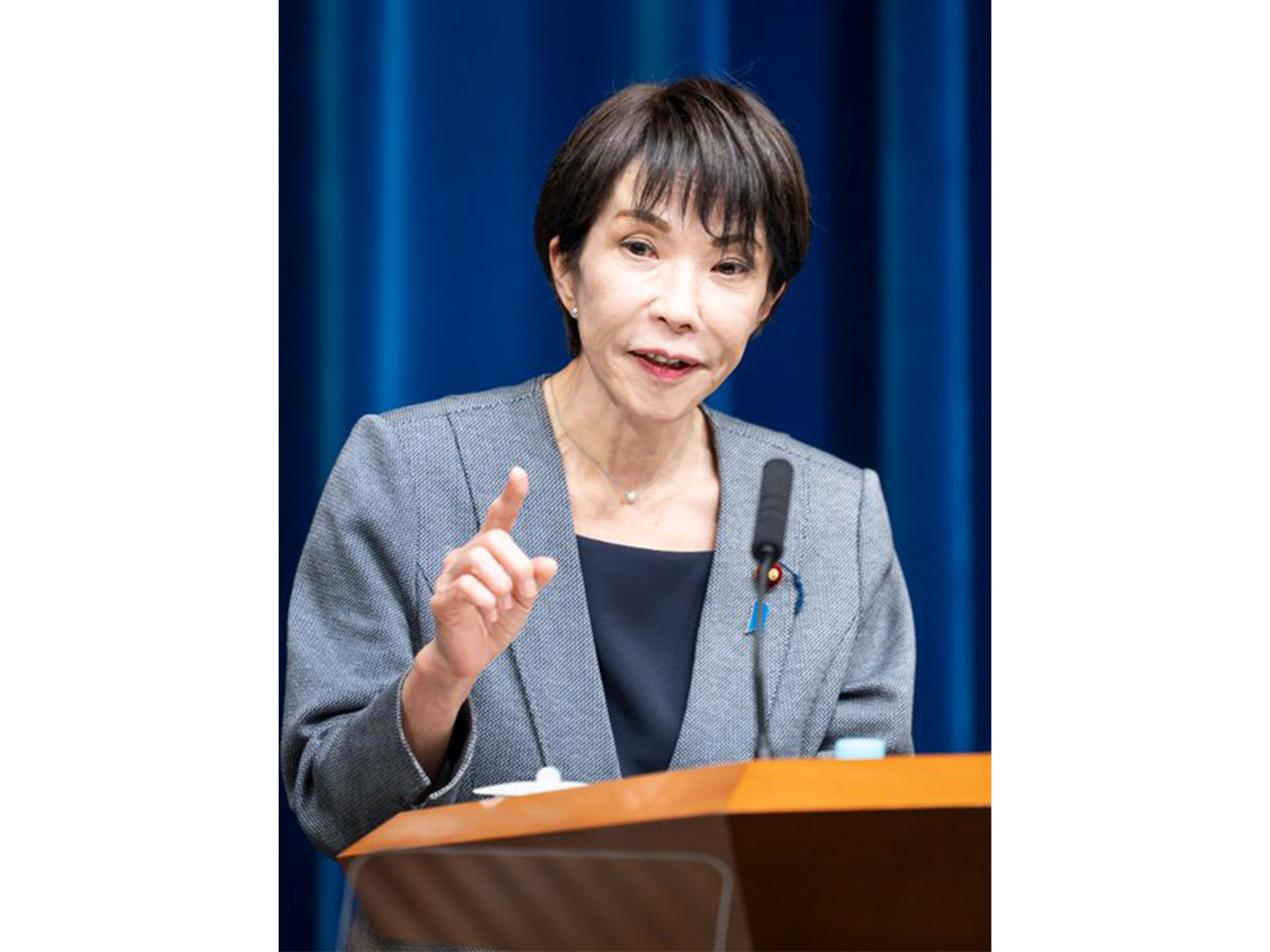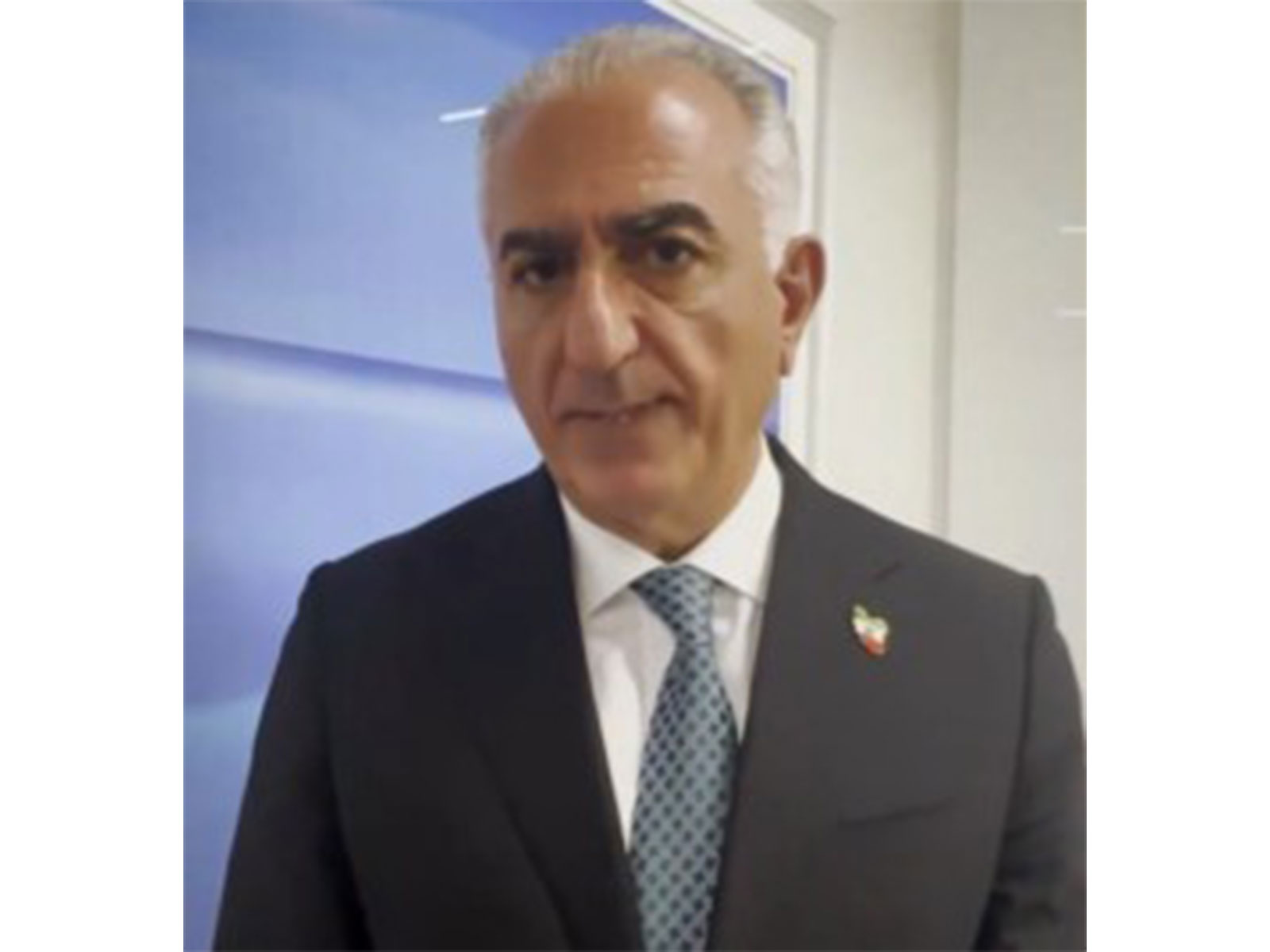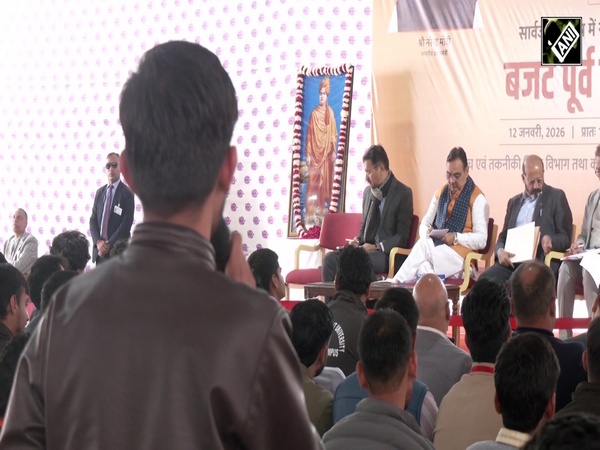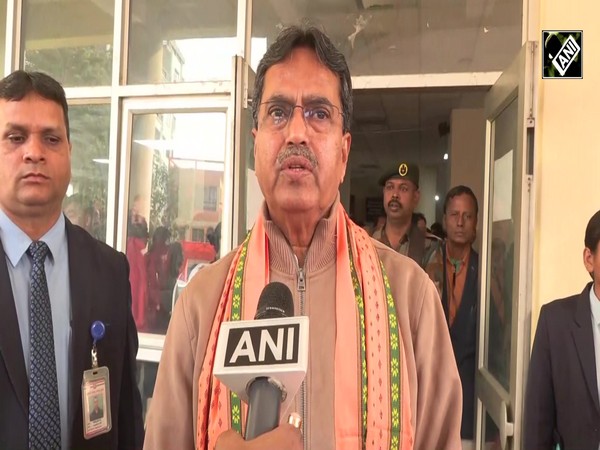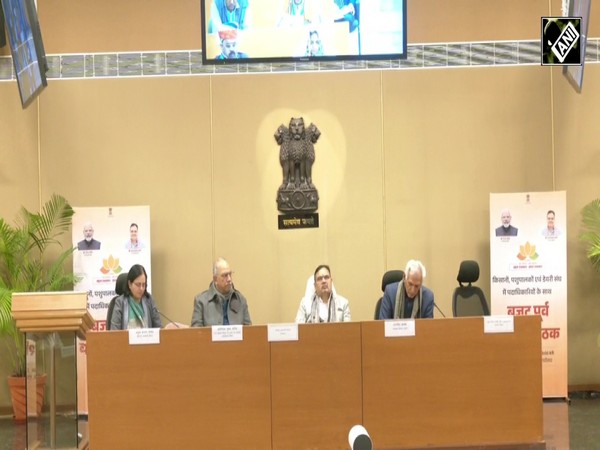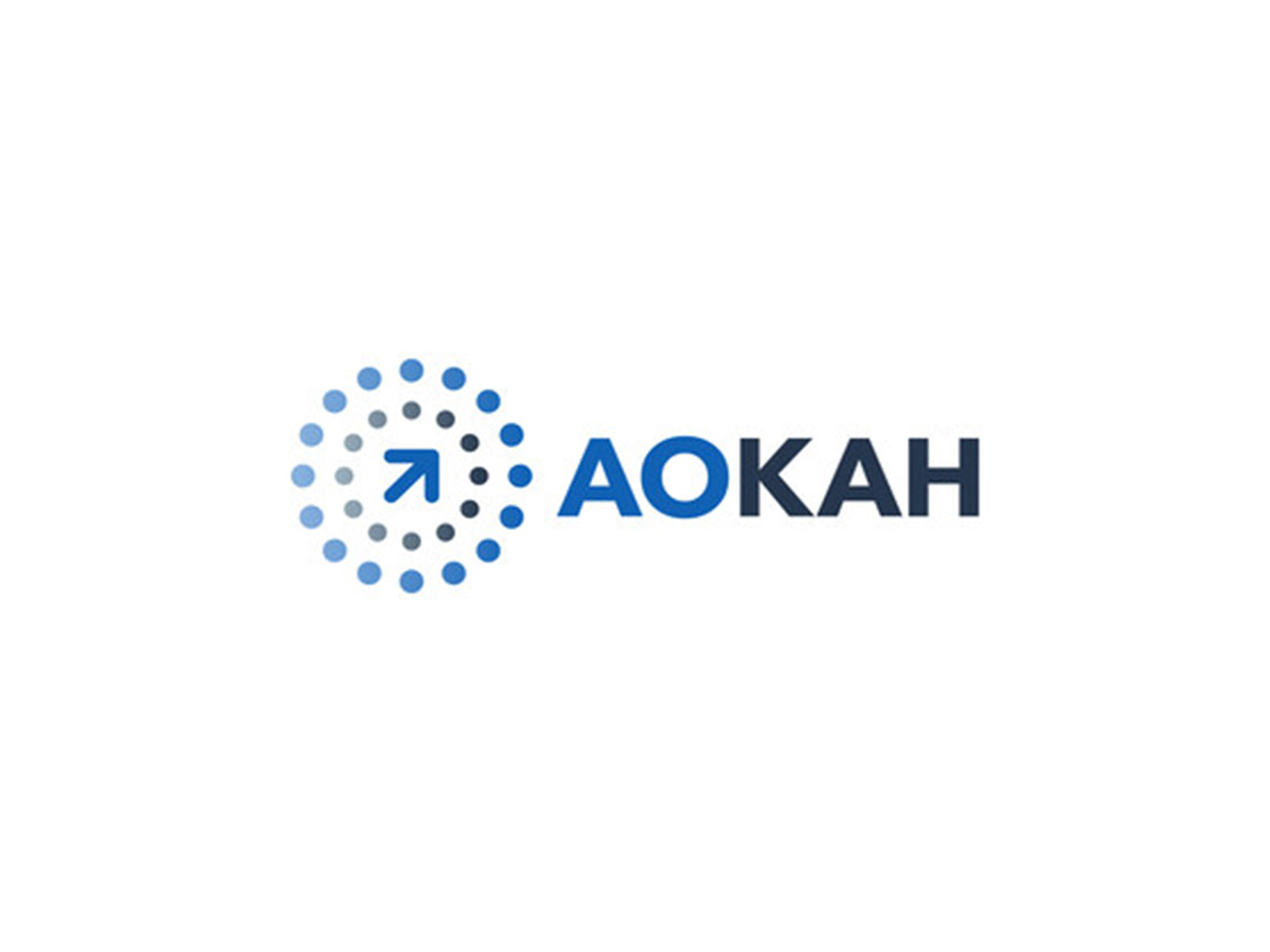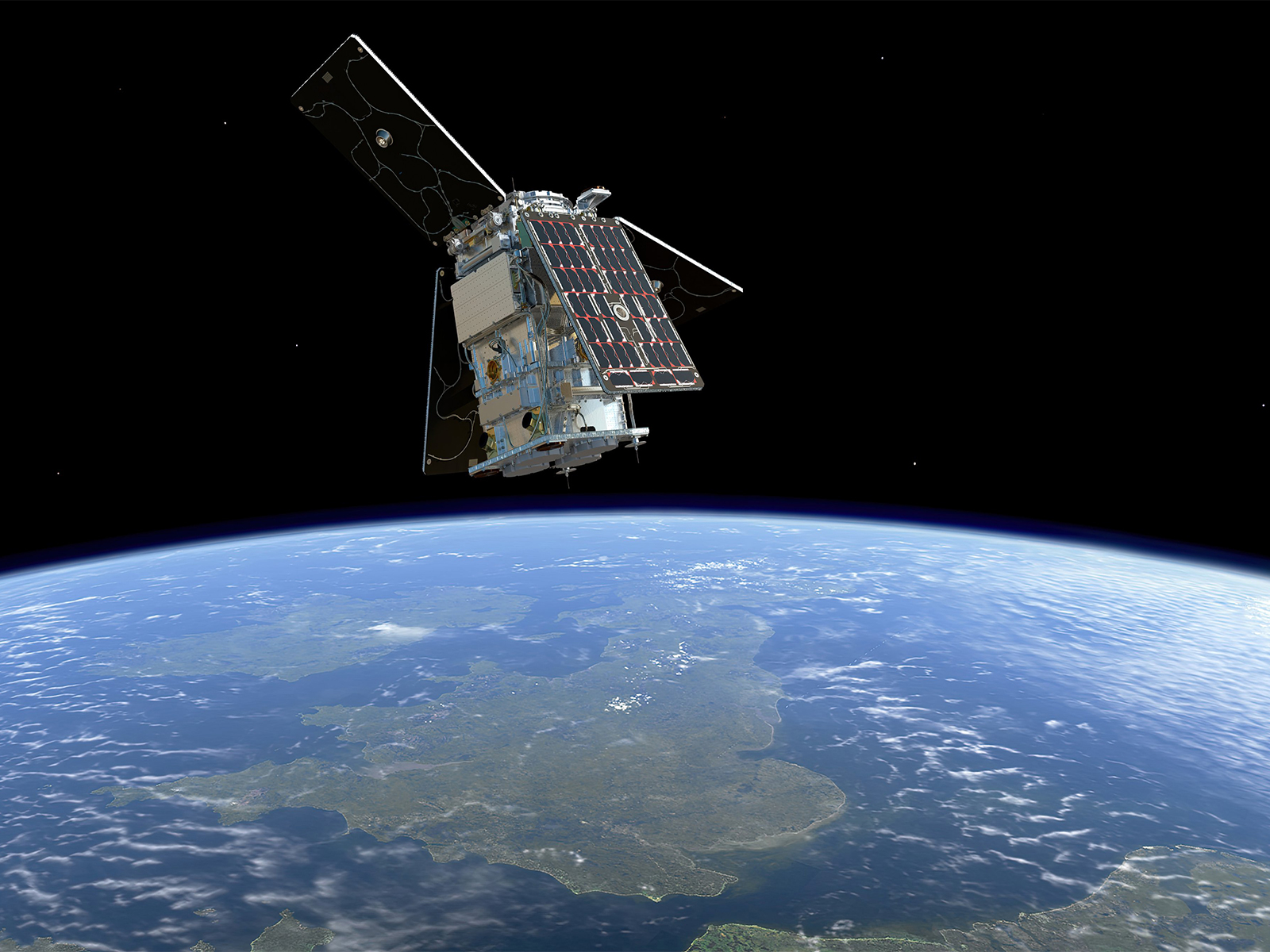
UK space agency goes global with 23 new projects
Oct 03, 2025
London [United Kingdom], October 4 : This is the second round of projects from the successful International Bilateral Fund (IBF), representing a 6.5 million euros boost for UK companies and universities collaborating internationally on space innovation with partners in Australia, Canada, France, Germany, India, Japan, Lithuania, and the USA.
From autonomous 3D printing and lunar agriculture to orbital threat detection, biotech manufacturing, medical research and deep space radar, these collaborations span life sciences, communications, in-orbit servicing, Earth observation and advanced materials. They showcase the breadth of expertise across the UK's vibrant space sector, which employs more than 55,000 people and generates £18.6 billion in annual revenue.
UK Space Minister Liz Lloyd said: "This 6.5 million euros boost shows Britain leading the way in space innovation. From improving mobile coverage to monitoring Earth's forests, these 23 projects will create jobs, strengthen partnerships with our allies, and keep the UK at the cutting edge of space technology. It's an exciting time for our space sector and great news for British businesses reaching for the stars."
The space funding boost, announced during the International Astronautical Congress (IAC) in Sydney, demonstrates the UK's commitment to international partnerships and a wide range of areas where the space sector can contribute to economic growth.
As set out in the Government's Industrial Strategy, the UK Space Agency is increasing bilateral research & development funding with international allies. The IBF is a critical mechanism for this, providing targeted support for UK-led international collaborations and building capabilities and partnerships across the global space sector.
Today's announcement follows the agreement between NASA and the UK Space Agency to develop AI models to support future exploration missions, under the Transatlantic Tech Prosperity Deal, as well as the successful launch of the NASA IMAP mission on 23 September, for which UK scientists contributed a key instrument.
Dr Paul Bate, Chief Executive of the UK Space Agency, said: "These new projects span the full spectrum of UK space expertise, from telecommunications, propulsion and environmental monitoring to cutting-edge technologies that could change how we develop treatments for deadly diseases using microgravity. By combining home-grown talent with global expertise, we want to strengthen our capabilities, support growth, and ensure the UK remains at the forefront of space innovation."
This announcement comes at a pivotal moment in the evolution of the UK Space Agency, ahead of its integration into the Department for Science, Innovation and Technology (DSIT) from 1 April 2026. The merger will create a single civil space unit, streamlining strategy, policy, and delivery, building on recent achievements and ensuring the government supports the UK space sector effectively.
UKspace Executive Director, Colin Baldwin, said: "The UK Space Agency's International Bilateral Fund is going from strength to strength, providing a stimulus for the UK's space sector to forge new partnerships with organisations around the globe, covering such a broad range of space interests.
"We are pleased to see so many of UKspace's members and partners involved in the selected projects, enabling them to bring their world-class expertise to these exciting collaborations."
Kevin Craven, CEO of ADS, representing businesses in aerospace, defence, security and space, said: "Advancements in space technology make our world smaller, our society more innovative and our lives more prosperous. We are delighted to see the IBF enabling international partnerships to that end. ADS has worked extensively to champion the UK's thriving space sector in key strategic markets such as Japan and Lithuania. We look forward to working in close collaboration with government to build on this important work further."

